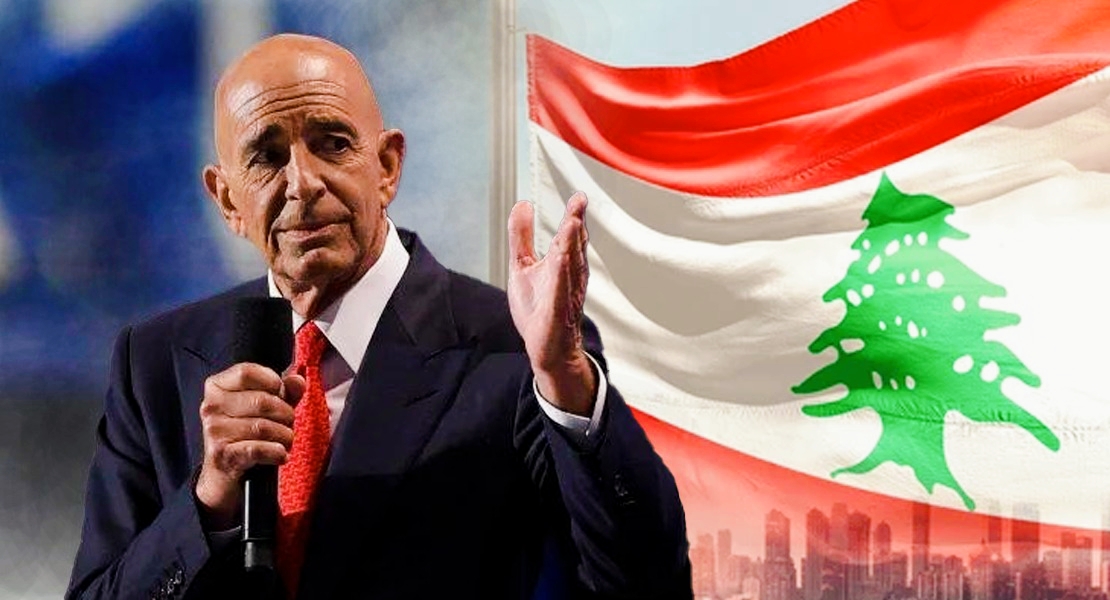The U.S. special envoy to Syria, Tom Brack, confirmed that Washington continues to support Lebanon in its efforts to rebuild the state and achieve peace with its neighbors, emphasizing that disarming Hezbollah and implementing the agreement with Israel represent a clear American priority at this stage.
Brack said in a tweet posted on his account on the X platform this Thursday morning:
"The United States continues to support Lebanon in implementing the agreement with Israel and disarming Hezbollah, paving the way for building a strong state capable of achieving internal peace and peace with its surroundings."
* On the First Anniversary of the Assassination of Nasrallah and Safi al-Din
Brack's statement coincides with Hezbollah's preparations to hold popular events this afternoon, marking the anniversary of the assassination of its two secretaries general, Hassan Nasrallah and Hisham Safi al-Din, who were killed in a precise Israeli airstrike during the war that erupted between the two sides and lasted nearly a year.
The party emerged from this war in November 2024 exhausted and weakened, before a ceasefire was brokered internationally, which came into effect on November 28.
* Lebanese Pressures on the International Community
The U.S. envoy's statements were accompanied by repeated Lebanese calls for the international community to pressure Israel, where Lebanese President Joseph Aoun, in his speech from the United Nations podium a few days ago, urged the international community to:
"Make efforts to stop Israel's violations of international resolutions and to fully withdraw from the occupied Lebanese territories."
For his part, Lebanese Prime Minister Nawaf Salam called on the countries sponsoring the ceasefire agreement to
"Exert maximum pressure on Israel to stop its daily aggressions, withdraw from Lebanese territories, and release the prisoners."
* A Plan for Disarmament and Redeployment
The Lebanese government announced last August a plan to disarm Hezbollah by the end of this year, within an internal and international consensus, amid American pressures and Israeli threats to expand the scope of attacks.
Lebanese Foreign Minister Joseph Raji confirmed that the Lebanese army is responsible for implementing this plan, with the first phase set to begin in the southern border area within a period not exceeding three months.
The Lebanese army, for its part, announced its readiness to carry out the mission, warning that the continued Israeli occupation of several sites in the south and the escalation of daily airstrikes hinder the process of redeployment and establishing security.
* Ongoing Israeli Escalation Despite the Ceasefire
Despite the ceasefire agreement, the Israeli army continues to carry out near-daily airstrikes on sites belonging to Hezbollah and border villages in southern Lebanon, justifying this by "targeting military facilities of the party."
Israel also refuses to withdraw from five strategic hills located on the border with Lebanon, which provide it with fire oversight over wide Lebanese areas, in a clear violation of the ceasefire, according to Beirut.
* A Year of Escalation and Losses
The war between Hezbollah and Israel erupted in the fall of 2023 and continued until the signing of the ceasefire agreement in November 2024, resulting in significant human and material losses for both sides, and a rapidly collapsing economy in Lebanon, leading to increased international pressures to disarm the party and stabilize security at the borders.

